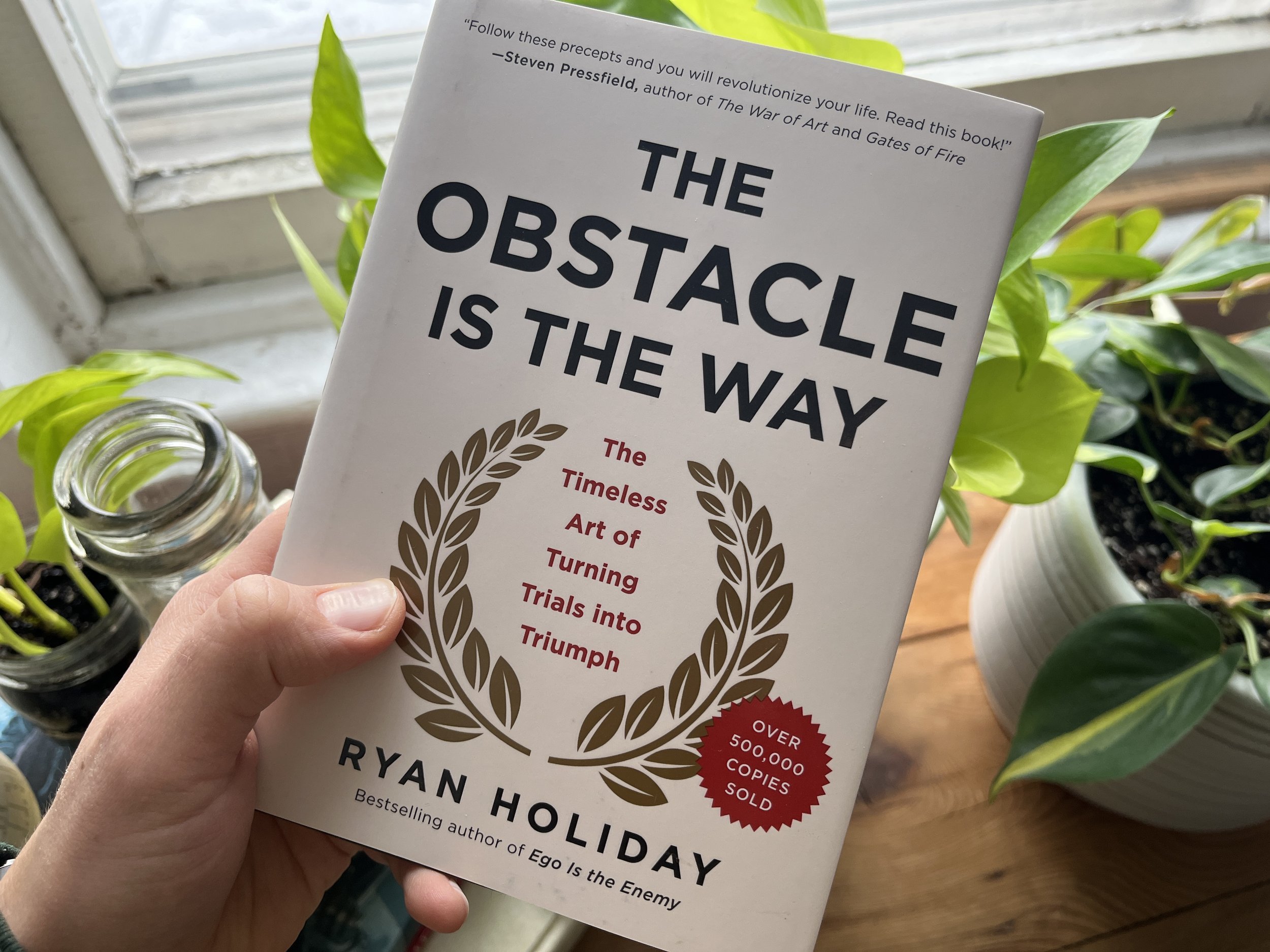THINK: Mastering Your Mind for Health and Happiness
Ever notice how a single thought can spiral into a full-blown story that shapes your entire day—or even your life? That’s no accident. At CFCL, we believe your mindset is one of the most powerful tools you have, which is why THINK is one of our five core factors for health and happiness.
Our thoughts don’t just live in our heads. They become our words, actions, habits, and eventually, our reality. As Henry Ford said:
“Whether you think you can, or you think you can’t—you’re right.”
the power of self talk
Let’s talk self-talk. That inner voice can either hype you up or tear you down—and it’s often the deciding factor between progress and paralysis. When you’re spiraling in stress or negativity, it’s easy to feel stuck. But when you pause, shift your focus, and find even one small win or silver lining, you begin to redirect the entire course.
The first step? Awareness. Start paying attention to your thoughts—especially when things get hard. Are they grounded in reality? Or are they fueled by fear, comparison, or outside noise?
Reframing: Your Mental Reset Button
Reframing is the skill of seeing an obstacle from a new angle. Think of it as mental jiu-jitsu—flipping resistance into fuel. One of our favourite reads, "The Obstacle Is The Way" by Ryan Holiday, dives deep into this idea. When you learn to see setbacks as setups for growth, you take back control of the narrative.
Here’s the truth: mastering your mind isn’t a walk in the park. It takes sweat, patience, and a truckload of resilience. But from personal experience, it’s worth every ounce of effort. When you take the reins of your thoughts, you're steering your own ship—rather than letting life steer it for you.
Want to dig deeper? We recommend checking out Tom Rowland’s podcast episode titled “Thoughts.” It’s a powerful take on how your inner narrative shapes your external reality.
Gratitude: Grounding in What’s Good
Our greatest tool in navigating life’s ups and downs is the ability to focus on what we can control. The truth is, we will all face seasons of uncertainty. But when we realize that everything—good or bad—comes and goes, we can shift our energy to what helps us cope and grow. Enter: gratitude.
That said, your subconscious is no fool. Looking for the good doesn’t mean ignoring reality. Forced positivity—or pretending everything’s fine when it’s not—won’t help. But sincere, grounded gratitude? That’s a different story.
Instead of:
“I’m so tired. Why did I sign my kids up for baseball?”
Try:
“I’m grateful they found something they love, and I get to spend some time outdoors watching them.”
Gratitude helps us give equal airtime to the good. It’s not about pretending life isn’t hard—it’s about acknowledging what’s still worth appreciating.
Reframe the Everyday
Expressing gratitude doesn’t just feel good. It builds emotional intelligence, resilience, and connection. It also helps you shift from absorbing stress to simply observing it.
Ever been stuck behind a terrible driver and let it ruin your whole mood? Try reframing it:
“That driver didn’t signal. I’m just glad I noticed and we avoided an accident.”
Small mental pivots like these protect your energy and allow you to stay present for what really matters.
Where to Start
Write it down. Journaling your gratitude—even just a few words a day—can help reduce stress and elevate mood.
Say it out loud. Tell someone you care about why you appreciate them. It boosts their mood and yours.
Catch the judgment. When you notice negative spirals, pause and reframe. Not with blind optimism, but with truth and curiosity.
Final Thought:
Health and happiness aren’t just about how you eat or move. What you think matters just as much. Your thoughts can limit you—or they can lift you. Start tuning in, speak kindly to yourself, and give gratitude the mic. It’s not about perfection—it’s about practice.
Life isn’t all sunshine and rainbows. But you can choose to look for the things that bring meaning, health, and connection—and remind yourself that while you can’t control everything around you, you can choose how you respond to it.
Start small. Be honest. Keep thinking, keep growing.
The work is worth it.



